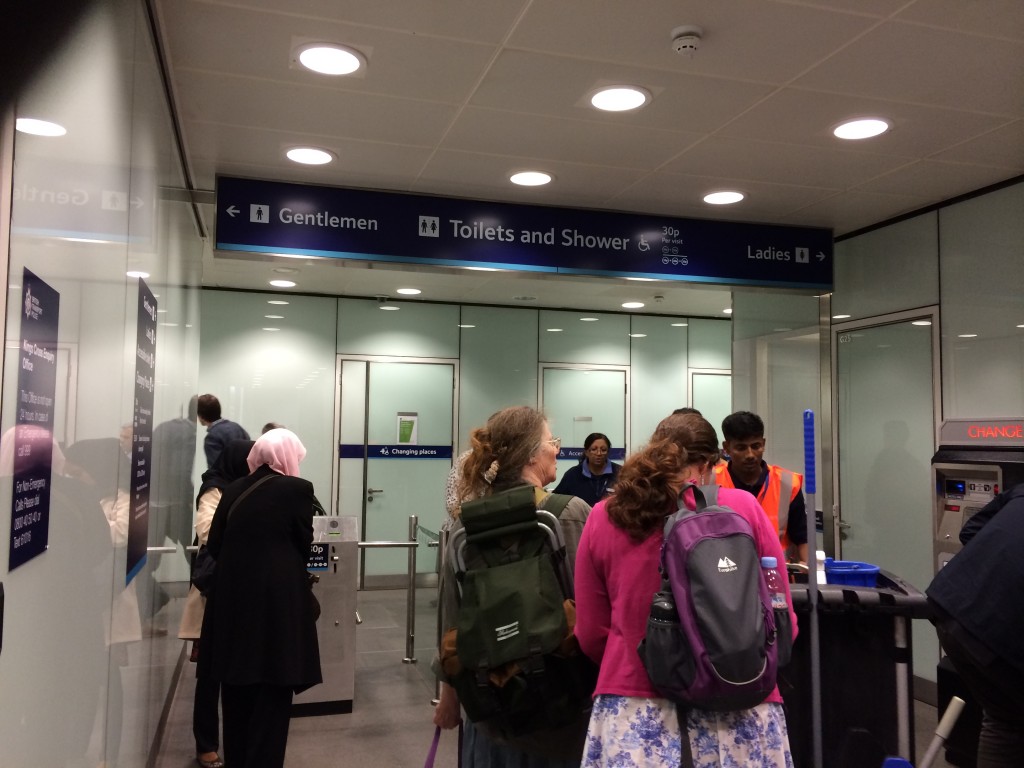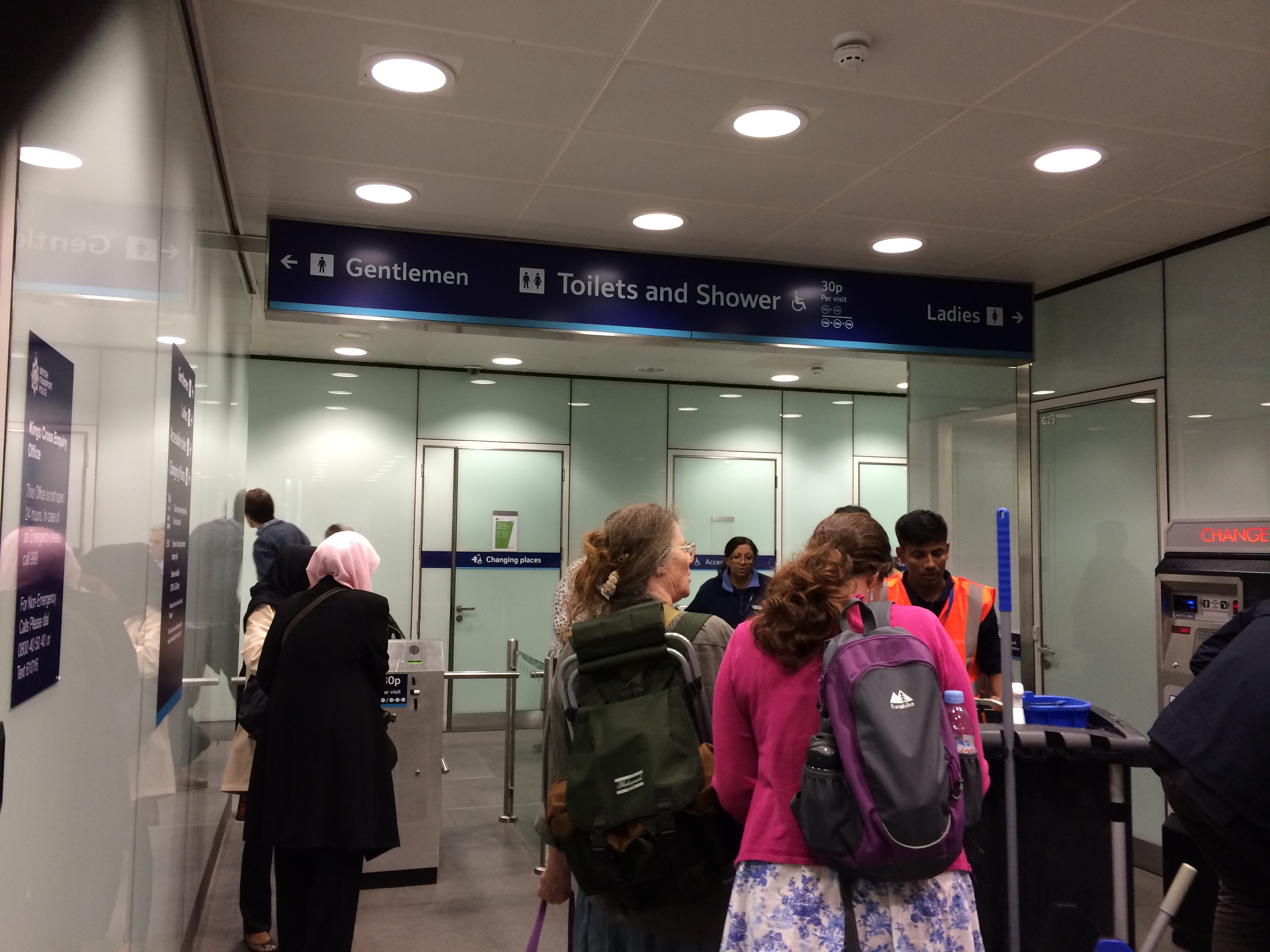I have seen pay toilets at train stations or tourist spots in London. Since paying money to use public toilet was new to me, I simply thought making profits by victimising tourists is unethical. However, one of my friends who has been living in London for a few years said money should be collected to maintain toilet clean.

I found that I paid too much attention to consumers’ service and did not carefully think about the maintenance issue. In order words, I did not separate the toilet service from the train service, and simply requested free toilet service because I paid for the train service.
When I lived in Toronto a few years ago, I did not expect free bundles or free services. I walked to a restaurant to eat, I carried a newly purchased microwave oven by myself, I visited a bank to pay hydro, and I paid for the lotions at stores. After moving to Seoul from from Toronto, however, I have become accustomed to free things; I ordered food or bought devices and asked for free delivery service, wired money at home without visiting the bank, and received a lot of free sample lotions at stores. Indeed, the guardian chose Seoul as the 10 best cities in the world to be a student because McDonald’s in Seoul runs a 24-hour delivery service. Although free goods and convenient services offered by this city may welcome budget-tight foreign students, people who are constantly surrounded by free stuffs become easily spoiled. I am not exception, either.
Then, how could I fix this situation? I believe mental accounting might be an answer. Researchers suggest that people keep track of their past transactions and plan their future budgets mentally. While doing so, people often make mistakes. They do not accurately remember how much they spend when using credit card or fail to separate different expenses but put them into one category. For instance, if I mentally account better when someone delivers McDonald’s set to my place, I can separate delivery cost from McDonald’s set price and then, at least, appreciate and thank for free delivery service. If I mentally accounted better about pay toilet at the train station, I paid for toilet without complaining.
Mental accounting was originally proposed to study people’s biased financial decisions. However, it may help people to be nicer by decreasing the degree to which they are spoiled. 🙂
